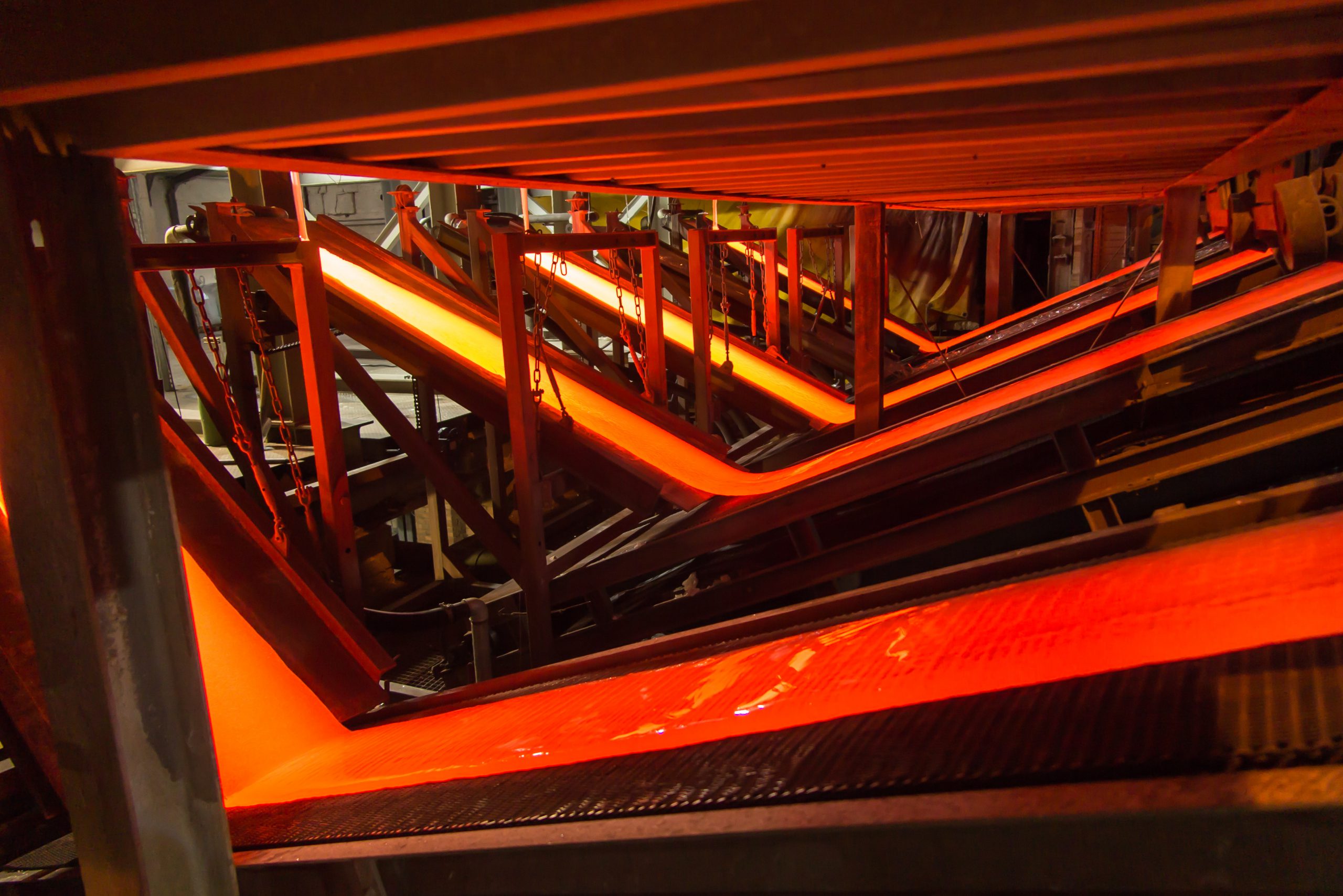Innovate UK & Optimat release Materials Landscaping Study

This new report details the scale, geographical distribution and competitiveness of the UK materials sector.
It is based on a database of UK materials companies that was extracted in a bottom-up approach from a wide range of company datasets and sources of information. This first of a kind analysis provides consistent and comparable data across all segments of materials.
The scale of the UK materials sector is significant. It is comparable with other major UK manufacturing sectors, such as aerospace, automotive and chemicals and pharmaceuticals. Materials industries are important; however, the impact of materials is of critical importance to all manufacturing sectors. The global market for materials is estimated to soon exceed over £3,000 billion per annum, based on demand from a number of key sectors, particularly aerospace, automotive, construction, electronics, energy, medical devices and packaging. The supply chains of these markets all need materials to deliver products.
The segmentation of the UK materials manufacturing sector by material shows that the metals sub-sector is, by far, the largest followed by composites and polymers. Further, each of these UK sub-sectors is in the top 10 in Europe in its category in terms of size, and companies in these sub-sectors are very active in international markets. Exports vary by material, but are significant at almost 50% of turnover. On a global basis however, the UK and Europe are becoming minor players with the dominance of the Far East and, in particular, China increasing. As a result the UK has a trade deficit for the more established materials like steel, aluminium and plastics.
There is activity in all regions of the UK, with the West Midlands, Yorkshire and the Humber and the North West of England being the largest regions in terms of employment and turnover. This reflects a longstanding tradition of materials manufacture in these regions. Across the UK, the materials sector is a major part of the manufacturing economy, accounting for over 10% of manufacturing employment and turnover in regions such as the West Midlands and Yorkshire and the Humber.
Market growth rates vary by material, ranging from modest figures of around 5% per year for established materials, such as metals, to estimates of over 40% per year for emerging materials like graphene. The growth rates in all materials subsectors are a result of the drivers and demands of companies in downstream supply chains and key user sectors as they strive to meet future challenges such as light-weighting, energy efficiency, enhanced functionality and operating lifetimes, and how effectively existing and new materials enable these challenges to be met. Light metal alloys, composites, plastics and organic electronic and battery materials are identified by several end user sectors as being key materials to enable many end-user sectors to meet their customer needs.
These market driven opportunities and challenges will encourage the development of a range of new and improved materials across all segments of the materials manufacturing sector. On-going investment in materials related RD&I, by both industry and public sector funding bodies, will be essential to ensure it can respond to market requirements. This will enable the UK materials manufacturing industry to continue to develop and grow, building on its current scope and scale.
This landscaping study has established that the materials manufacturing industry in the UK is significant in scale, comparable in size to key UK sectors such as aerospace, automotive and chemicals and pharmaceuticals, and scope, covering all materials categories. It has also shown that it underpins all UK manufacturing sectors, contributes to economic activity across the UK and delivers significant exports. Further, it has identified that new and improved materials are critical to enabling end user sectors to meet their future market demands, offering significant opportunities for the UK sector to develop and exploit innovative materials.
The final report, and a database of all the companies included in it, can be found below.

